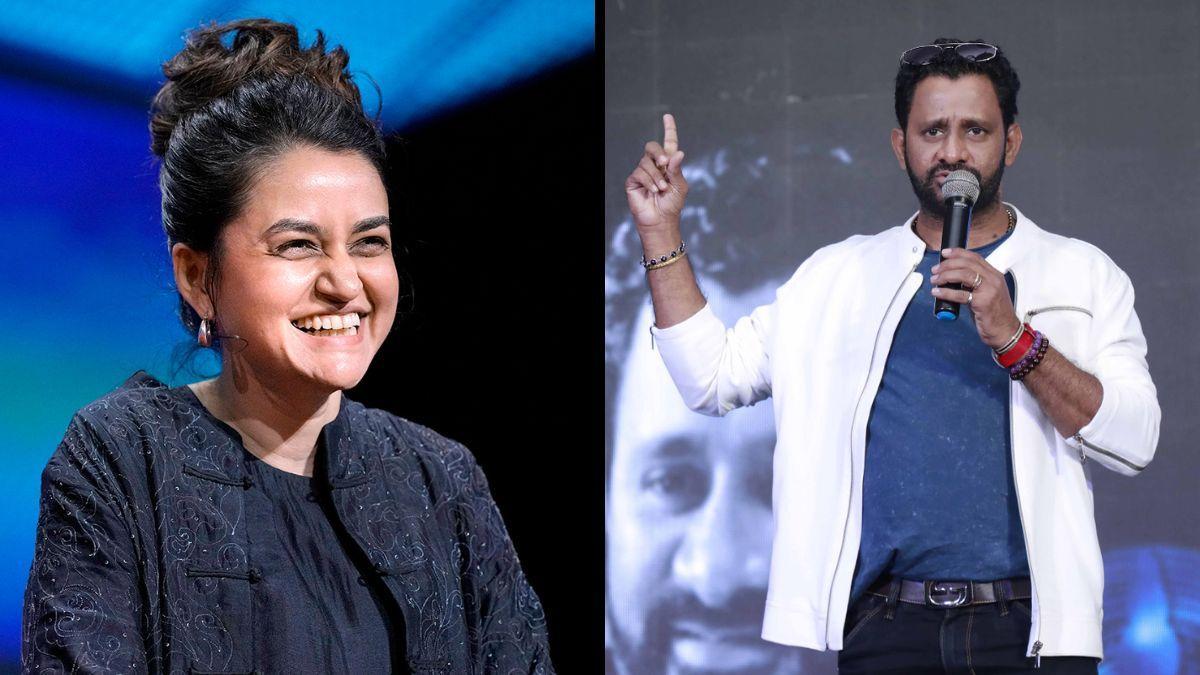
Indian cinema has once again captured the spotlight on the global stage, with Payal Kapadia’s “All We Imagine as Light” clinching the Grand Prix at the 2024 Cannes Film Festival. This monumental victory, the first for an Indian film in three decades, tells the compelling story of two Kerala nurses navigating their lives in contemporary Mumbai. The film features remarkable performances from Kani Kusruti, Divya Prabha, and Chhaya Kadam.
On Sunday, Resul Pookutty, the acclaimed Academy Award-winning sound designer for “Slumdog Millionaire,” shared his thoughts in a heartfelt Facebook post. Reflecting on Kapadia’s triumph, Pookutty elaborated on the significant role played by the Film and Television Institute of India (FTII) in nurturing talents like Kapadia.
He emphasized that her win was not just a personal achievement but a testament to the resilience and dedication of FTII alumni. According to Pookutty, the broader implications of Kapadia’s success highlight the lack of support from the mainstream Indian film industry and government delegations usually sent to Cannes.
“What makes Payal’s win so significant? It’s not just that she is from FTII, but she is part of a group of passionate students who come from various corners of India and are prepared to struggle for their art throughout their lives,” Pookutty wrote.
He shed light on the struggles faced by students at institutions like FTII and the Satyajit Ray Film and Television Institute (SRFTII), who often commit to a life of artistic struggle rather than the more conventional career paths followed by graduates from more prestigious Indian institutions. “When you study at an IIM, IIT, or AIIMS, you become managers of MNCs, engineers, and doctors. But when you sign up to study at FTII or SRFTII, you become a struggler,” he added.
Pookutty portrayed FTII as a sanctuary for artistic minds, describing it vividly: “That sleepy institute with the long hanging roots of the trees and the winding black road from the main gate to the theatre is where the history of Indian Cinema sleeps, inspiring generations. Every student who studied there has always nurtured a point of view that every government looked at as anti-establishment,” added the Otta-maker.
He expressed a sense of pride in how most students who graduate from FTII and the National School of Drama in New Delhi manage to find work within the country, unlike what is often the case with graduates from other institutions.
.
Pookutty reiterated that the mainstream film industry had no part in Kapadia’s historic win at Cannes. “The victory is not solely because we had inspiring teachers—there were some, but not all. The real reason for this national glory lies in the inspiring films we watched at FTII and the atmosphere nurtured by brilliant artists from around the globe who visited and left their mark there…”
“My only request to whoever or whatever dispensation is at the helm of affairs, do not destroy an atmosphere that took generations to nurture. There are many more Payals, Chidanands, Santhosh Sivans, and Shaji Karuns yet to emerge. Inspire them, let them mirror a true society where original, logical, and scientific temperaments are celebrated. Let us create sovereign minds; that will be the true celebration of cinema and life,” he wrote.
It is a moment of pride for FTII as its alumni make history at Cannes. Celebrating a phenomenal year for Indian cinema at the 77th Cannes Film Festival, FTII cherishes the achievements of its alumni on this prestigious international stage.
While FTII celebrates, Kapadia faces an impending court case filed by the institute. As she returns from her Cannes triumph, she must prepare for a court hearing next month tied to her involvement in the 2015 FTII protests against the appointment of Gajendra Chauhan as chairman. Kapadia spearheaded a 139-day protest decrying Chauhan’s perceived lack of qualifications, which led to severe repercussions, including the revocation of her scholarship and the filing of an FIR against her.
Subsequently, her 13-minute short film, “Afternoon Clouds,” was selected for the competition category at the 70th Cannes International Festival in 2017. This recognition prompted FTII to reverse its punitive actions, extending support for her travel to Cannes.
As Indian cinema basks in the glory of Kapadia’s success, it also reflects on the ongoing struggles of its filmmakers who continue to push boundaries, often with little to no support from the mainstream industry.












